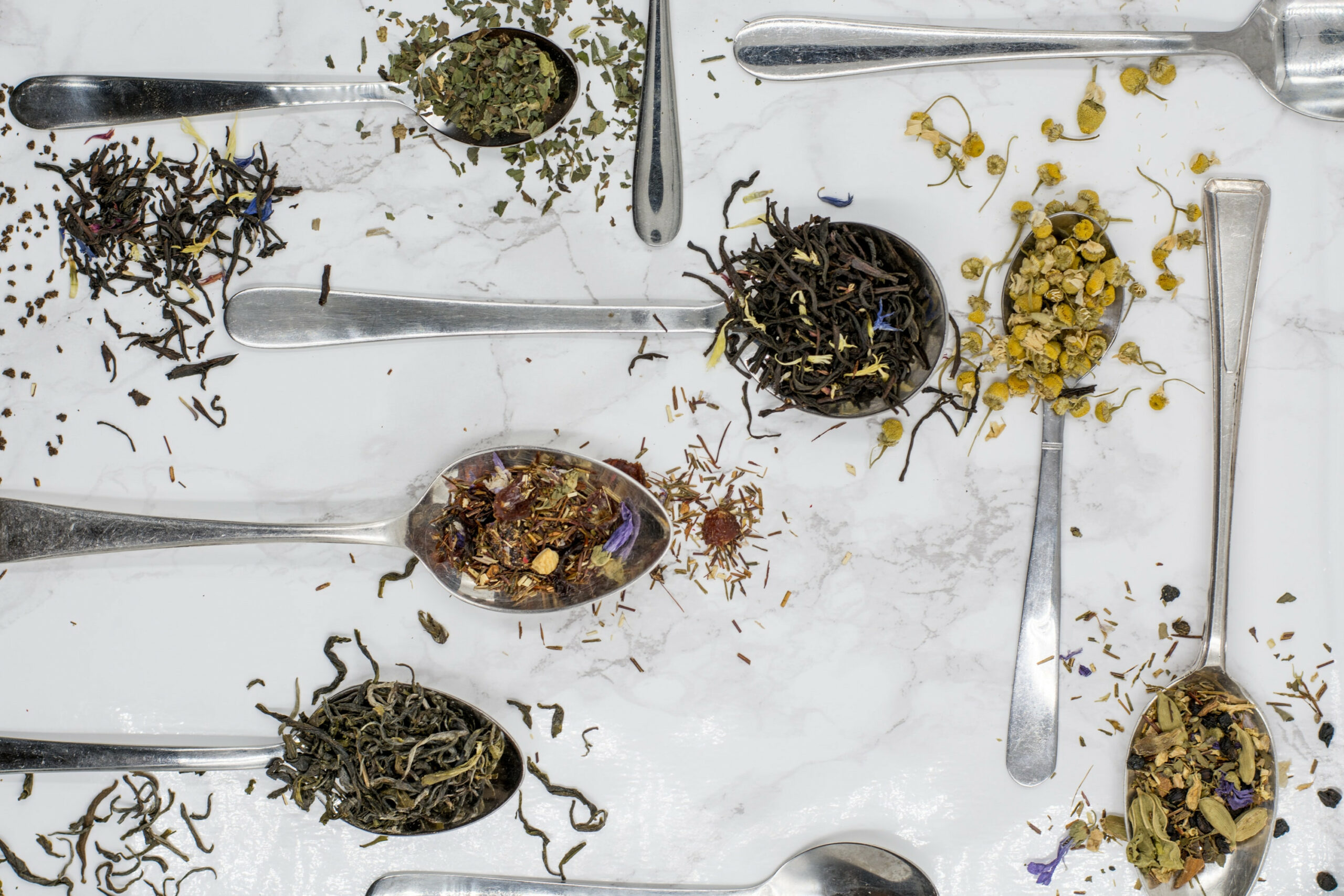Overeating is not nice, is it? Many of you probably wonder now how to cope with it, given we have just finished the “heavy food” Christmas season and New Year’s is approaching fast. When we celebrate big events like these it is sometimes hard to resist all the delicious food and treats prepared for the occasion. This is normally when we stop counting calories and indulge in eating to the point we can no more.
Full stomach aches, makes you feel heavy, sleepy, tired and causes heartburn, bloating or constipation.
So how to deal with this inconvenient feeling? Well, instead of suffering it is worth trying out tested methods for accelerating the digestion. They are simple, effective and require no prescription. Tea is one of the main cures but which tea to choose amongst so many? Let me share a few useful tips that always work for me.
Tip 1 – A cup of hot tea
Old and checked grandma’s way – drink hot tea. It can be black, red, green or herbal tea, but it must be hot in order to warm the belly up, trigger the stomach juice and support the fat digestion. Whenever you overeat you should avoid cold drinks and desserts because they lead to bowel cramps, slowing the bowel down and intensifying the ailment. This is a very simple way to help with stomach issues, yet so many forget about it. Make it your habit.
Tip 2 – Herbal tea
Herbs are an excellent solution – but use those which help to warm up the stomach and have properties improving digestion. As soon as you finish eating you may drink an infusion from chamomile, mint or fennel. Why do I recommend those in particular?
Chamomile infusion is a special type of drink which has been widely used and appreciated in herbal medicine for many centuries as the remedy for stomach and bowel ailments (and not only). It is quite common and grows between spring and autumn in Europe and has quite a strong characteristic smell. Its popularity grew thanks to present vitamin C and flavonoids which act diastolic, prevent abdominal bloating, facilitate digestion and work anti-inflammatory for the mucous membrane of the stomach. Camomile regulates the bowel movement, stimulates bile secretion and stops the excessive fermentation in bowels. Important information – it also acts as a laxative to help in removing intestinal deposits. The great advantage is that it can be drunk even by people with stomach ulcers or other disorders in the digestive system because camomile prevents hyperacidity. I would first recommend buying at least one bag of camomile tea and testing it. And if you see it works for you it would be worth incorporating camomile in your regular diet.
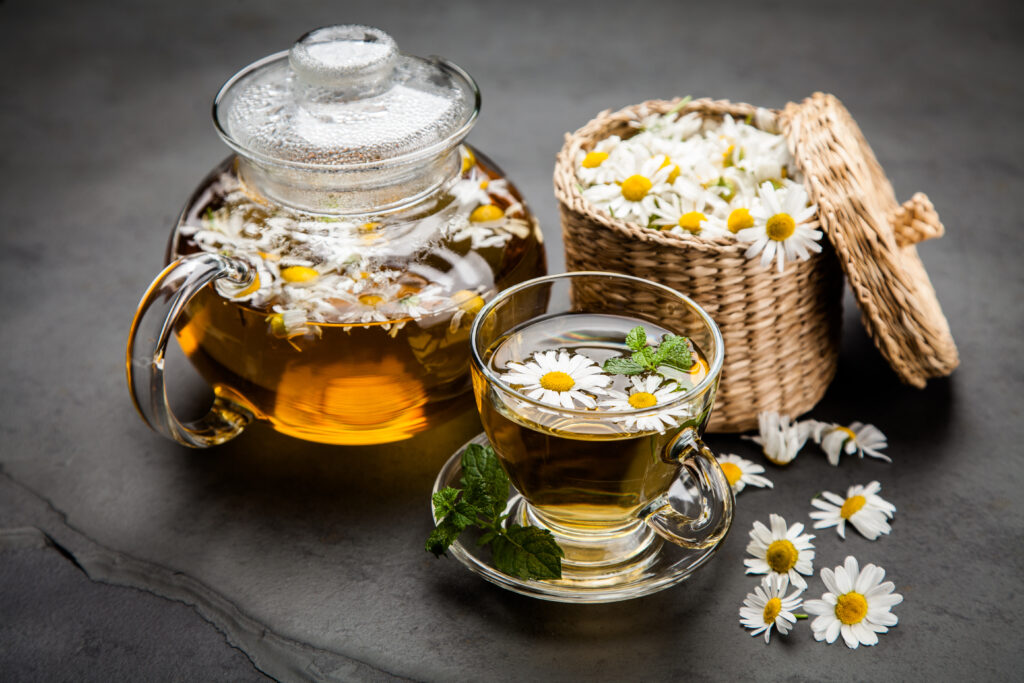
Mint infusion is used for example in treating indigestion and stomach pain. It increases the production of digestive juice but it also helps in relaxation of digestive tract muscles. It corrects the bowel movement and acts carminative. Additionally, mint can be a good calming remedy which reduces the blood pressure slightly. One important thing to note is that children under 3 should not drink it. It is also advisable to avoid mint if you have stomach reflux issues because it can relax the lower sphincter of the oesophagus too much so that acids return back causing heartburn or indigestion. Everything in moderation is acceptable.
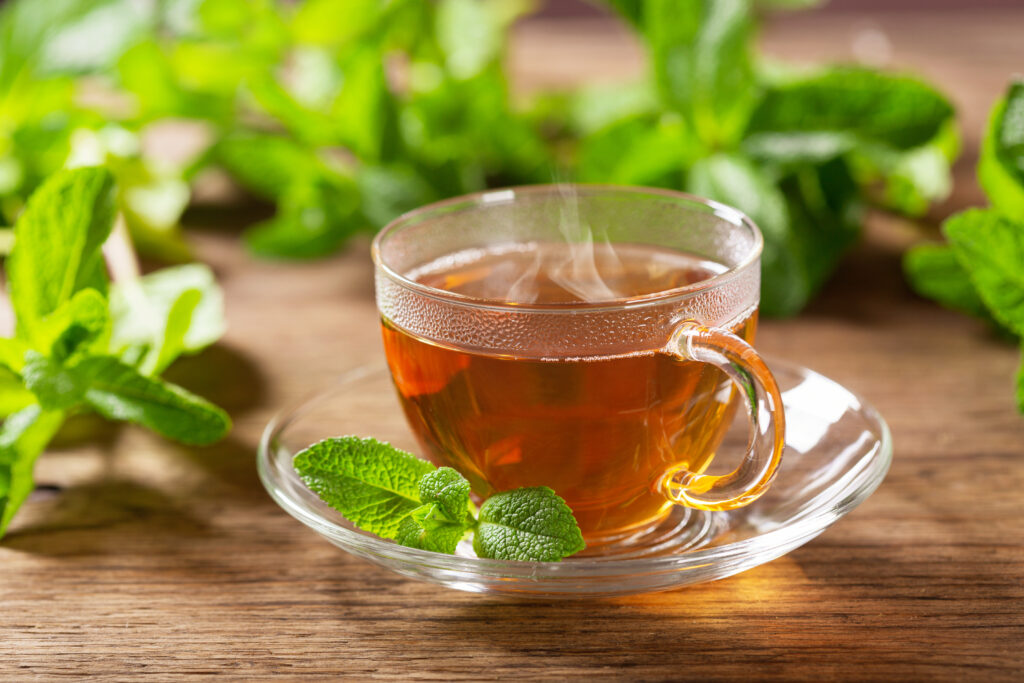
Fennel is one of those herbs that have amazing properties when dealing with stomach problems. Usually associated with culinary activities, it also offers much more than just a nice aroma and taste. It has been used in natural medicine since the Middle Ages. In Europe people used it to spur their appetite. It can ease bloating, heartburn and indigestion. It works antispasmodic and similarly to mint – it is carminative. It also diminishes the tension of smooth muscles and increases the movement in bowels. What is more, fennel helps to produce more juice in the stomach and to release the bile which is vital in the proper digestive process, especially when having large meals. Interestingly, breastfeeding mothers that drink fennel tea help their babies avoid painful colics and digest better as fennel is absorbed with milk.
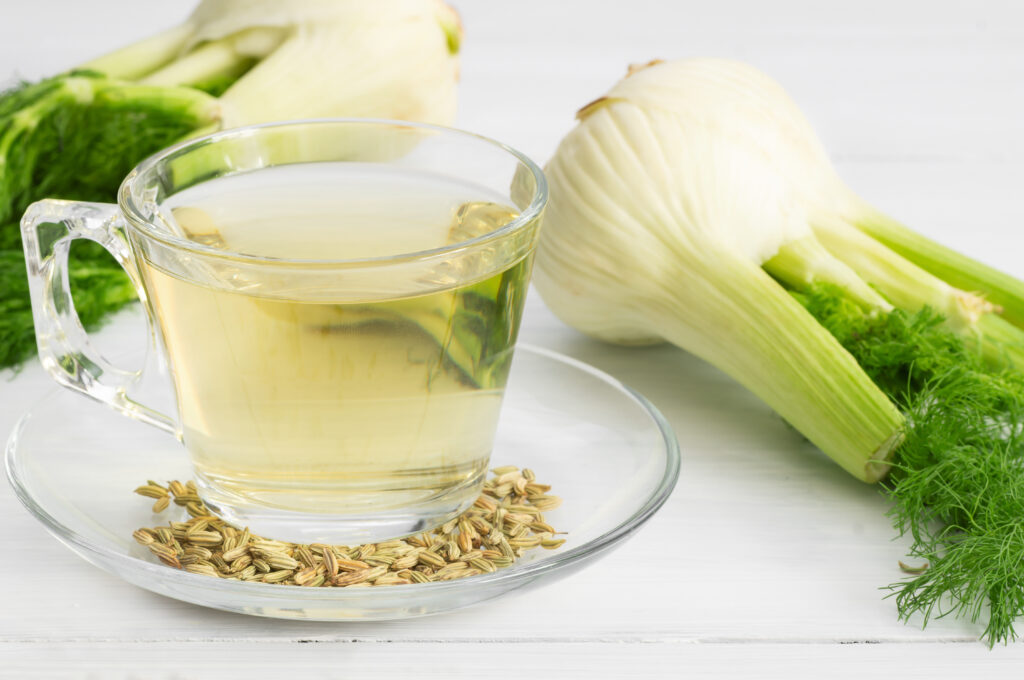
Tip 3 – St John’s wort tea
If you still feel bad a few hours after eating and suffer from indigestion symptoms such as heartburn, burping or nausea you may want to try St John’s wort tea. It’s quite bitter but effective. It’s my favourite type of tea to fight off tummy problems and hence I decided to dedicate a separate section to describe its benefits. I personally found it very helpful for reducing the stomach pain multiple times in my life. St John’s wort is extremely popular in Europe, West Asia and North Africa. It can be found anywhere – on meadows, in the forest or by the road. It’s probably one of the most known medical herbs. It is widely used in case of digestive disorders and liver diseases as well as loosens smooth muscles of the digestive and biliary tract. Try it once and you won’t regret it.
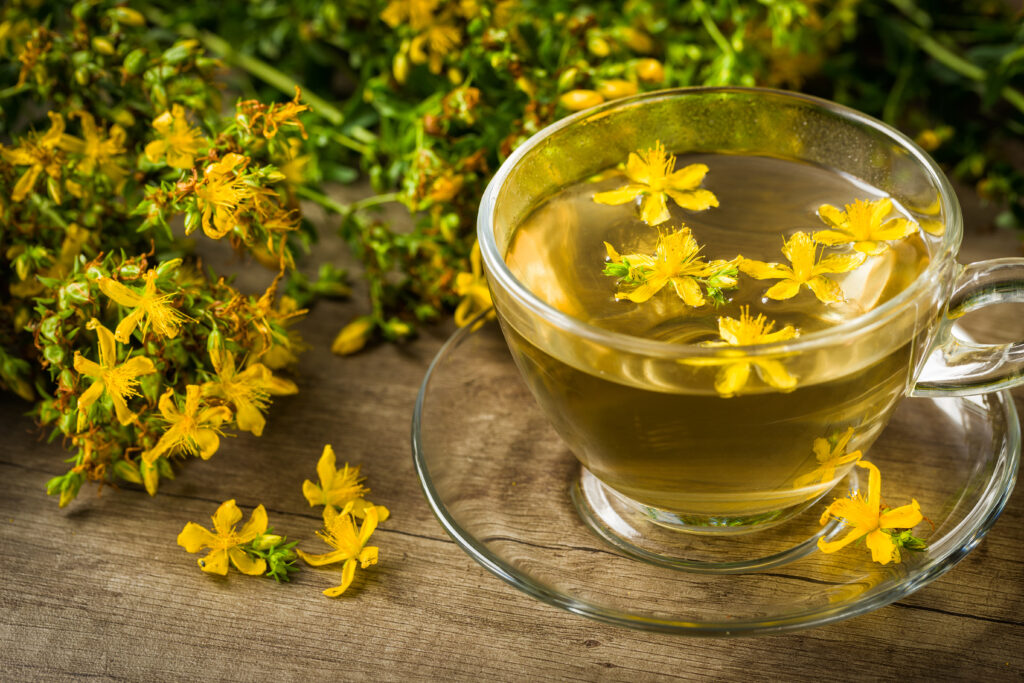
Happy tea time!
Note: Whichever tea you choose please be aware that this blog does not not serve as medical advice and this should be sought from your doctor.
